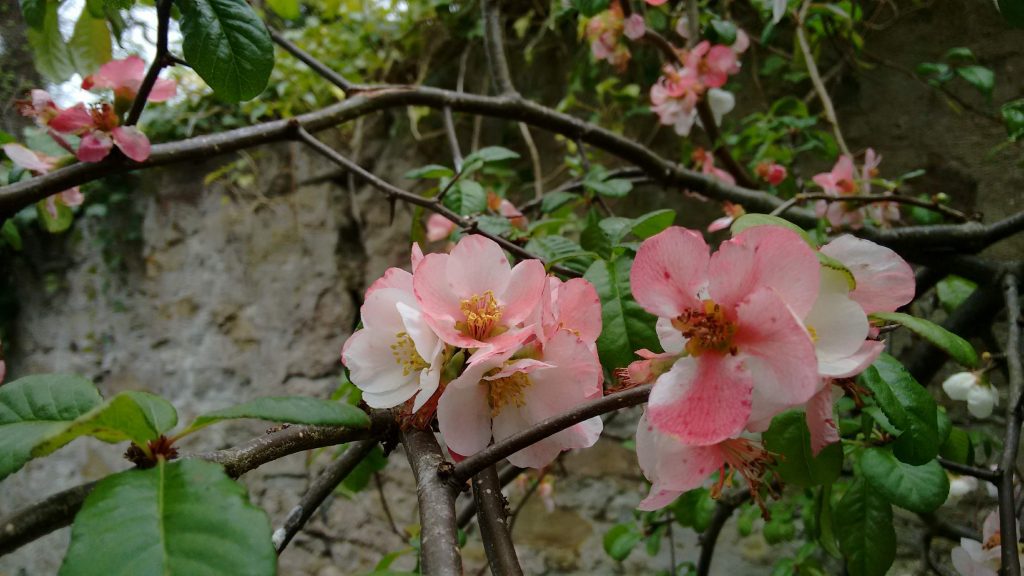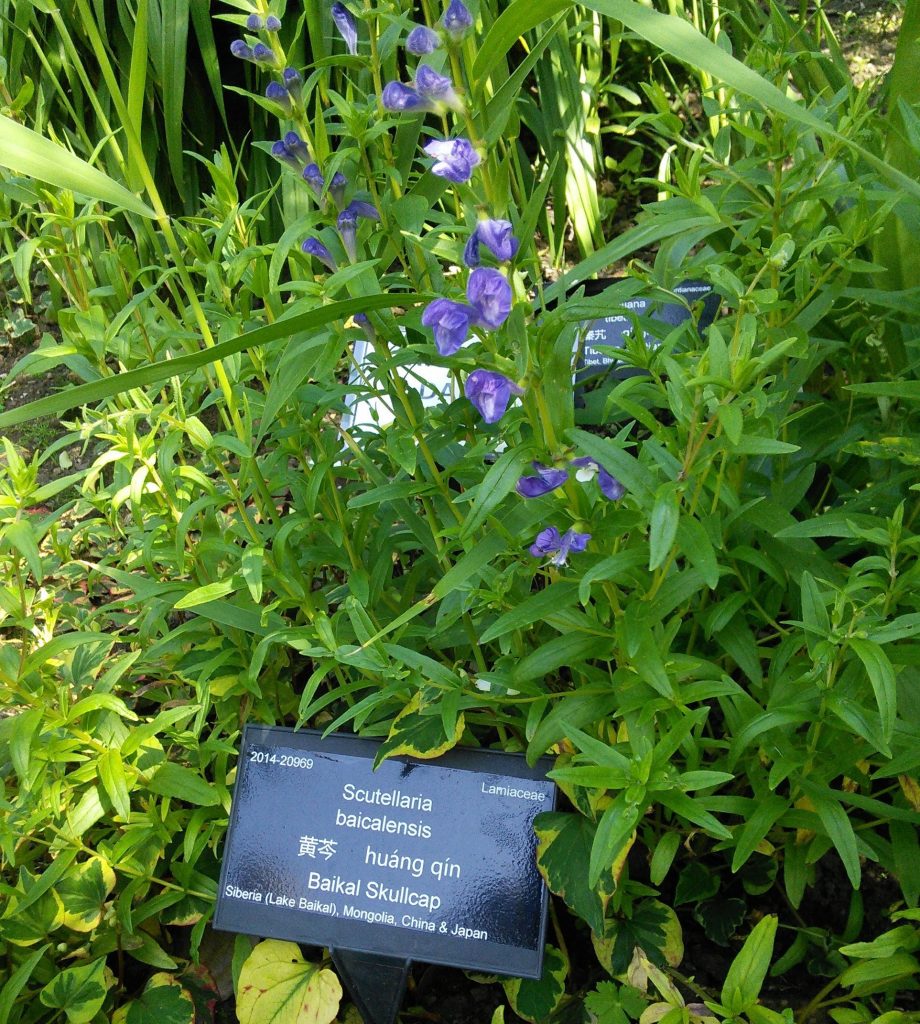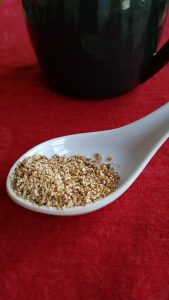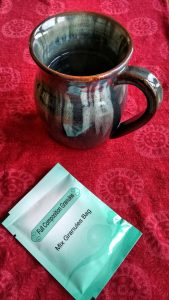Remote consultation: £35
Herbs: £25 per week
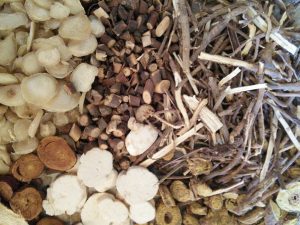
I practice Jing Fang (Classical Prescriptions) Chinese herbal medicine.
What is Herbal Medicine? Herbal medicine is the use of plants for medicinal purposes. It is one of the oldest and most widespread forms of medical intervention. Herbal medicine can be used to treat all illnesses.
Herbal medicine in pharmaceutical drugs. Many modern pharmaceutical drugs have been developed from traditional herbal medicines. For example, aspirin was first produced in 1899 from salicylic acid in willow bark, building on traditional knowledge of the herb’s painkilling properties. Similarly atropine (from deadly nightshade), digoxin (from foxgloves), morphine (from opium poppies), quinine (from the bark of the Cinchona tree) and artemisinin (from Artemisia annua) are important drugs developed from traditional knowledge of herbal uses.
Chinese Herbal Medicine. Whilst Western pharmaceutical drugs have been developed to target certain diseases, Chinese Herbal Medicine uses herb combinations to treat the patient, so that they can better fight off illness. The herbs prescribed to two people with the same Western diagnosis could be completely different, depending on the Chinese medicine diagnosis of the individuals in question. It is up to the herbal practitioner to decipher the patient’s signs and symptoms and come up with the most effective combination of herbs to appropriately adjust and rebalance the patient’s system.
Jing Fang Herbal Medicine is an ancient branch of Chinese Medicine distinct from the more widely practiced Traditional Chinese Medicine (TCM). Jing Fang means ‘classical prescriptions’ and refers to the herbal prescriptions described in around 200 AD in the Shang Han Lun and the Jing Gue Yao Lue. Diagnosis involves taking a detailed medical history, following lines of questioning laid down in these ancient texts. This includes clarification of the patient’s main complaint, detailed questions about general health and examination of the tongue and pulse. From this information, the practitioner will make a diagnosis and select the combination of herbs to be used.

What kind of herbs are used? Many of the herbs used in Chinese herbal medicine are familiar kitchen ingredients. For example, ginger, cinnamon, licorice and Sichuan pepper.
There are also a number of parts of garden plants which you might recognize, such as peony root, magnolia bark, Chinese quince or chrysanthemum flowers. Other herb ingredients are from less familiar Chinese plants.
The herbs that I prescribe are sourced from certified medical suppliers in China. In all cases RCHM (Register of Chinese Herbal Medicine) guidelines are followed and no endangered species are used.
How do you take Jing Fang Herbal Medicine? I prescribe herbs as powders, which I either make up myself or order from the dispensary to be mailed out to you. The powders are full concentration granules, with no added chemicals or fillers. You just need to measure out a single dose, add boiling water and drink!
What about Prescription Medication? Jing fang herbs can be taken alongside most medication. I will check all medication with you before prescribing the herbs.
How often do you take the medicine and for how long? Normally the herbs are taken twice a day. Initially I will prescribe about 1 week’s supply and then schedule an appointment to check on progress and reassess the formula. With time the interval between appointments can be increased. The aim is to correct the imbalances and stop taking the herbs. This can take a couple of weeks or a few months, depending on what we are treating.
Please do contact me for further information or to book a consultation. During COVID-19 restrictions, I am holding consultations remotely by Skype, Zoom or telephone.

